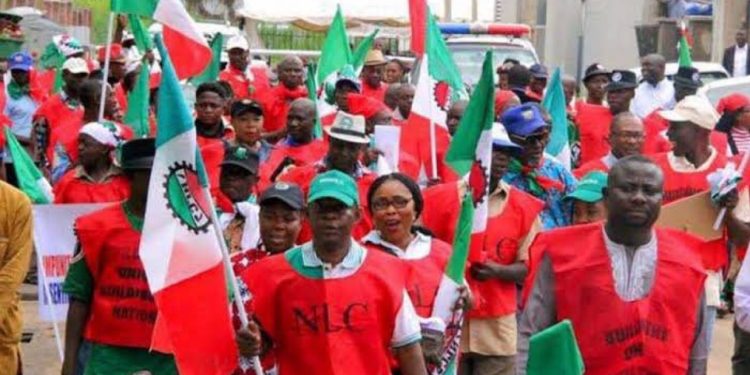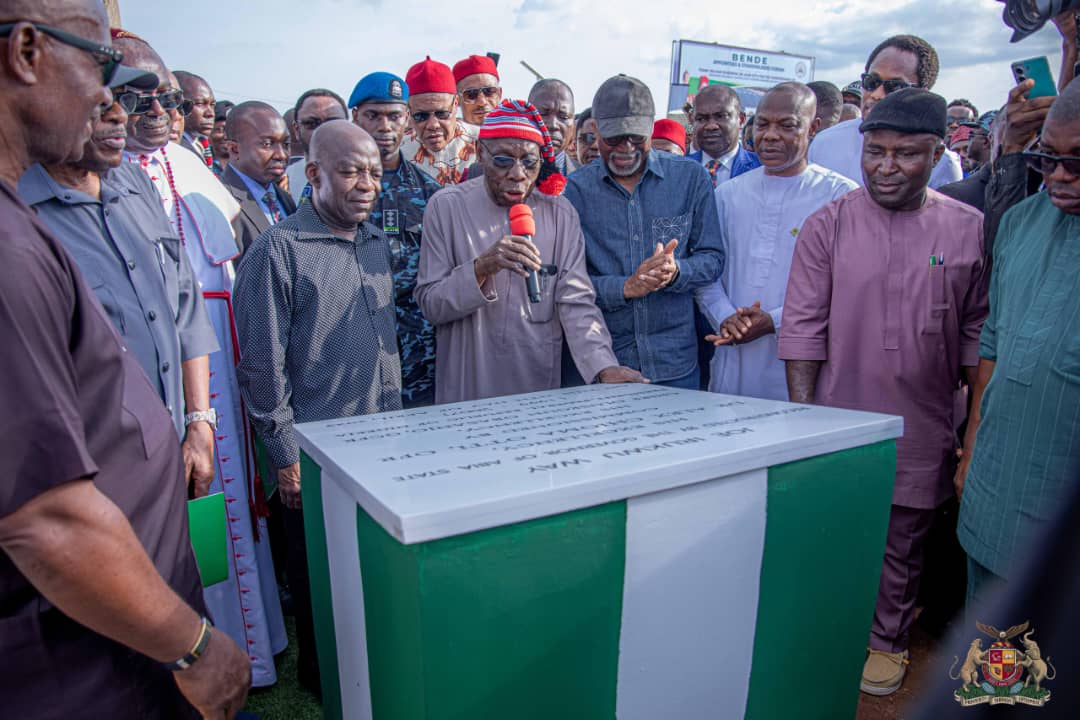Growing Unrest Over Nigeria’s Wage Crisis
The Nigerian Labour Congress (NLC) has reignited the national debate over workers’ welfare, insisting that the ₦70,000 minimum wage approved earlier this year is insufficient for survival in today’s Nigeria.
With inflation reaching 33.4% as of July 2025 (National Bureau of Statistics), and food inflation climbing even higher at 40%, the union argues that ₦70,000 cannot sustain the average household struggling under skyrocketing living costs.
Why ₦70,000 Can’t Pay the Bills
Labour economists estimate that a family of four now requires at least ₦250,000 monthly to cover basic needs—rent, food, transportation, healthcare, and education. Yet the statutory minimum wage offers workers barely a fraction of that.
A bag of rice now costs between ₦70,000 and ₦80,000, swallowing up an entire month’s salary. Transport fares have doubled since the removal of fuel subsidies, while electricity tariffs have surged beyond the reach of many low-income earners.
An NLC official lamented:
“The ₦70,000 minimum wage is not a living wage—it is a survival allowance. Workers deserve a fair income that matches the cost of living, not one that keeps them in poverty.”
Inflation: The Silent Killer of Wages
Inflation has emerged as the biggest threat to Nigerian workers’ wellbeing. Experts warn that even when wages are reviewed, they are quickly eroded by rising prices.
Dr. Chika Okafor, an economic analyst at the University of Lagos, explained:
“The wage review cycle in Nigeria is reactive, not proactive. By the time a new minimum wage is implemented, inflation has already made it worthless. What the NLC is demanding is not just a wage increase but a system that pegs salaries to inflation trends.”
NLC’s Warning: Industrial Action Looms
The NLC has hinted at nationwide protests and strikes if the government fails to respond to its demands. Labour leaders argue that workers are the backbone of the economy, and their continued exploitation could spark social unrest.
The threat is not empty. In past disputes, the NLC has shut down key sectors such as oil, electricity, and transportation, forcing government negotiators to the table.
Government’s Dilemma
While the federal government acknowledges the economic hardship facing Nigerians, it fears that a steep wage increase could worsen inflation and put pressure on state budgets. Many states are already struggling to pay the current wage, raising questions about sustainability.
However, economists argue that failure to adjust wages fairly could deepen poverty, reduce productivity, and fuel emigration as skilled workers seek better opportunities abroad.
The Bigger Picture
At its core, the minimum wage debate is about survival, dignity, and stability. The NLC insists that ₦70,000 is a wage of hunger, not of hope. Unless the government moves quickly to address workers’ concerns, Nigeria risks sliding into another cycle of labour unrest and economic paralysis.
For now, the question remains unanswered: Will the government bow to pressure and review the wage, or will Nigerian workers take to the streets once again?












